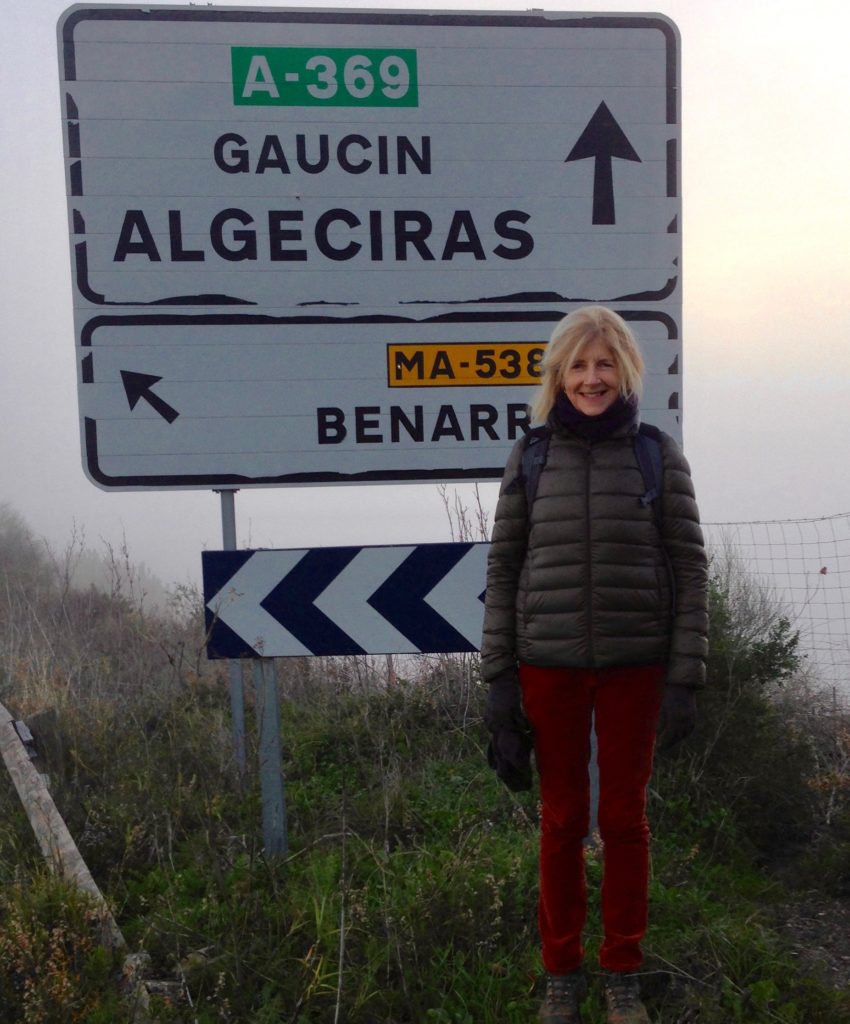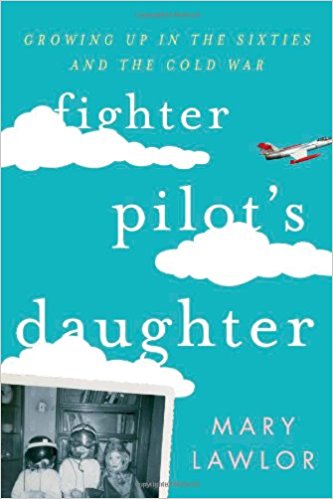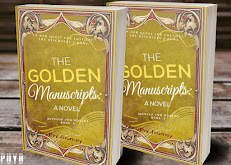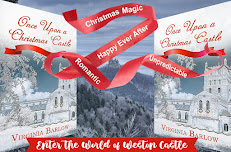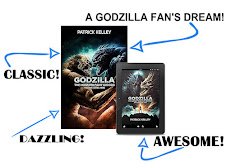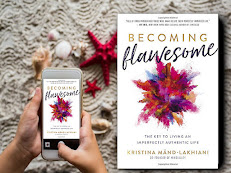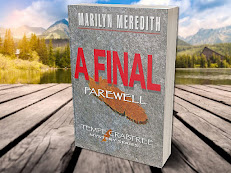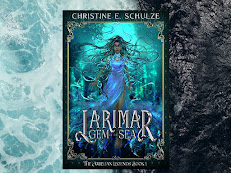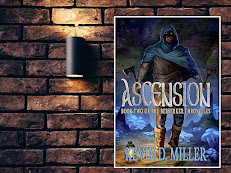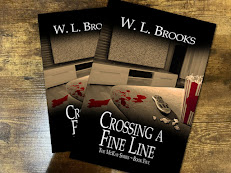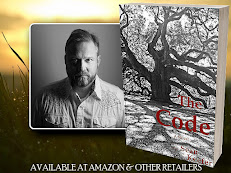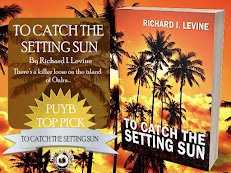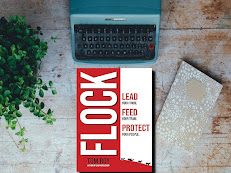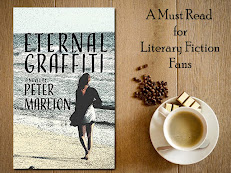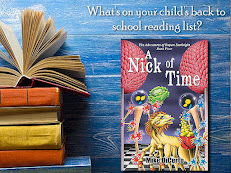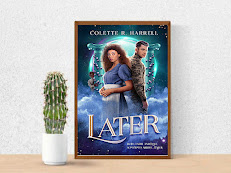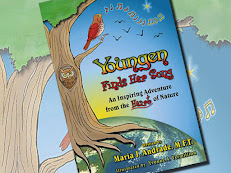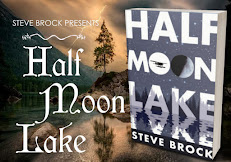Book Review: The Heartfulness Way by Kamlesh D. Patel & Joshua Pollock
thewriterslife
July 27, 2018
0 Comments
Title: THE HEARTFULNESS WAY
Author: Kamlesh D. Patel & Joshua Pollock
Publisher: New Harbinger Publications
Pages: 190
Genre: Nonfiction/Spiritual/Meditation
Author: Kamlesh D. Patel & Joshua Pollock
Publisher: New Harbinger Publications
Pages: 190
Genre: Nonfiction/Spiritual/Meditation
“A must-read for anyone interested in incorporating meditation into their lifestyle.”
––Sanjay Gupta, MD, chief medical correspondent for CNN
––Sanjay Gupta, MD, chief medical correspondent for CNN
Heartfulness is an ideal, a spiritual way
of living by and from the heart that is inclusive of all ideologies,
beliefs, and religions. In this heart-centered book, a student in
conversation with his teacher, Kamlesh D. Patel—affectionately known as
Daaji, the fourth and current spiritual guide of the century-old
Heartfulness tradition—present a unique method of meditation with the
power to facilitate an immediate, tangible spiritual experience,
irrespective of a person’s faith.
Based on Daaji’s own combination of approaches and practices for the modern seeker—which draws from the teachings of Sahaj Marg, meaning “Natural Path”—Heartfulness is a contemporized version of the ancient Indian practice of Raja Yoga, a tradition that enables the practitioner to realize the higher Self within. While many books describe refined states of being, The Heartfulness Way goes further, providing a pragmatic course to experience those states for oneself, which, per the book’s guiding principle, is “greater than knowledge.”
Heartfulness meditation consists of four elements—relaxation, meditation, cleaning, and prayer—and illuminates the ancient, defining feature of yogic transmission (or pranahuti), the utilization of divine energy for spiritual growth and transformation. Using the method, detailed practices, tips, and practical philosophy offered in this book, you’ll reach new levels of attainment and learn to live a life more deeply connected to the values of the Heartfulness way—with acceptance, humility, compassion, empathy, and love.
ORDER YOUR COPY:
Amazon | Barnes & Noble
Review:
Before I begin my review, I want you to know I take meditation and anything holistic very seriously. With that said, I can certainly say that The Heartfulness Way was one of the most comprehensive, interesting and enlightening books on the subject I have every read.
Internal health is nothing to laugh at or ignore. The Heartfulness Way takes you at the beginning of your spiritual quest to find wholeness, happiness and peace. It takes you through what meditation is and how to go about it the right way. It helps you understand why gurus are so important. What I loved about this is the dialogue between the two gurus helping us to understand the process without it being text-book.
After reading The Heartfulness Way, I can honestly say I was filled with a euphoria that one can only feel when they are totally stress-free and at peace with oneself. I highly recommend if you have questions that have gone unanswered about creating a spiritual peace within! Looking for spiritual guides, this book is for you!





